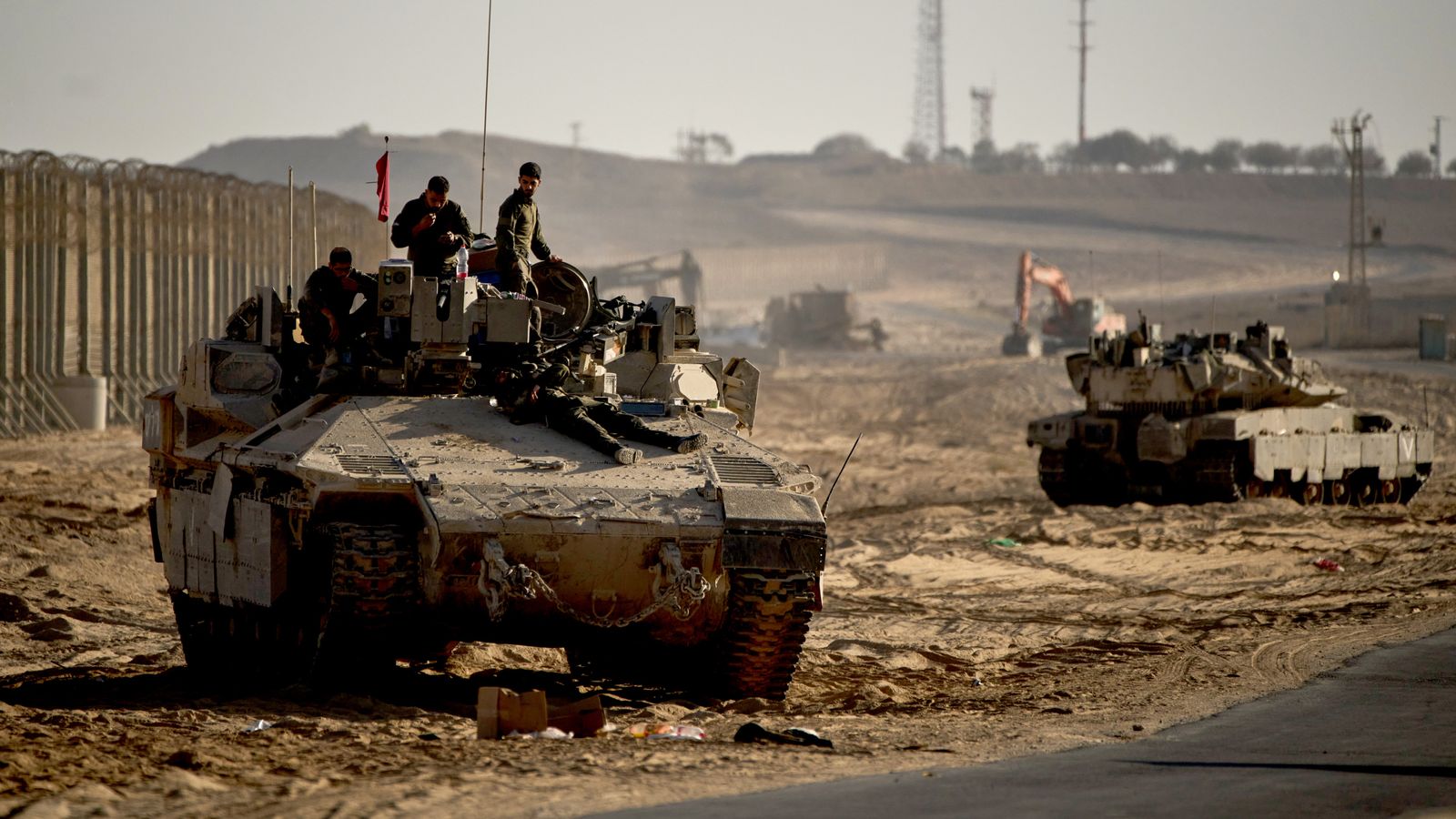The number of returned hostage bodies has now increased to 13 by Israel’s count as the body of 41-year-old father-of-four Tal Haimi was returned last night (see our post at 6.51am).
Under the ceasefire agreement, Hamas should have returned all remaining 48 hostages, dead and alive, by last Monday, however.
At this point, 15 bodies are still missing.
As the post below this one explains, the group’s de-facto leader, Khalil al Hayya, has reiterated claims that Hamas will return all bodies but needs more time.
So why is Hamas taking so long to return the bodies?
In short, the problem is that…
Some burial sites are not known;The rubble of destroyed buildings makes it difficult to locate, identify and access the bodies;Some bodies may be in areas Hamas no longer controls.
Hamas has previously said recovering the remaining bodies could take time, as not all burial sites are known.
Its armed wing says it has returned all the bodies it could reasonably recover and will require special equipment to hand over the remaining ones.
The Red Cross said the difficulties of finding bodies amid Gaza’s rubble will cause delays.
“That’s an even bigger challenge than having the people alive being released. That’s a massive challenge,” said Christian Cardon, spokesperson for the International Committee of the Red Cross.
Moreover, Hamas has told mediators that some bodies may be in areas now controlled by Israel – you can see the current situation in the map below.
How long will the process take?
The handover process has s far taken about 10 days. The ICRC previously said it could take days or weeks – and there was a possibility some may never be found.
An international task force will help to locate the bodies of the deceased hostages who are not returned within 72 hours, Gal Hirsch, Israel’s coordinator for the hostages and the missing, previously said.
What has been Israel’s response?
The Israeli Hostages Families Forum has previously called for the suspension of the ceasefire agreement, saying “Hamas’s violation of the agreement must be met with a very serious response”.
Israel has kept the Rafah crossing closed – after it briefly appeared to have reopened it due to the ceasefire agreement – and reduced aid flow into Gaza.
Watch: Trauma and sorrow in Israel as hostage funerals held

